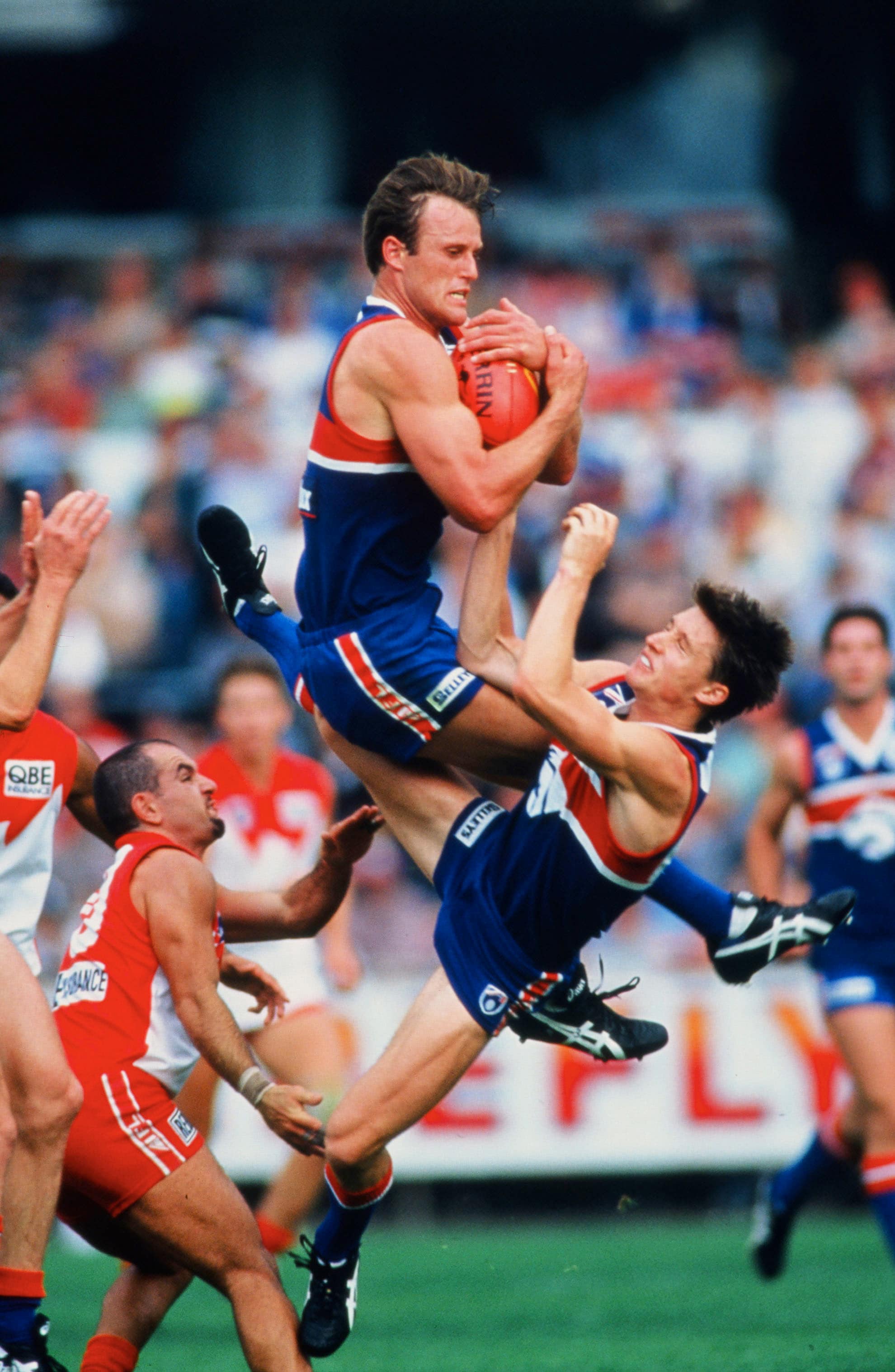
After winning the 1997 and 1998 Grand Finals, no Adelaide player polled more than seven votes in the 1999 Brownlow Medal. Andrew McLeod and Nigel Smart (pictured against Carlton below) led the way for the Crows with seven votes each.
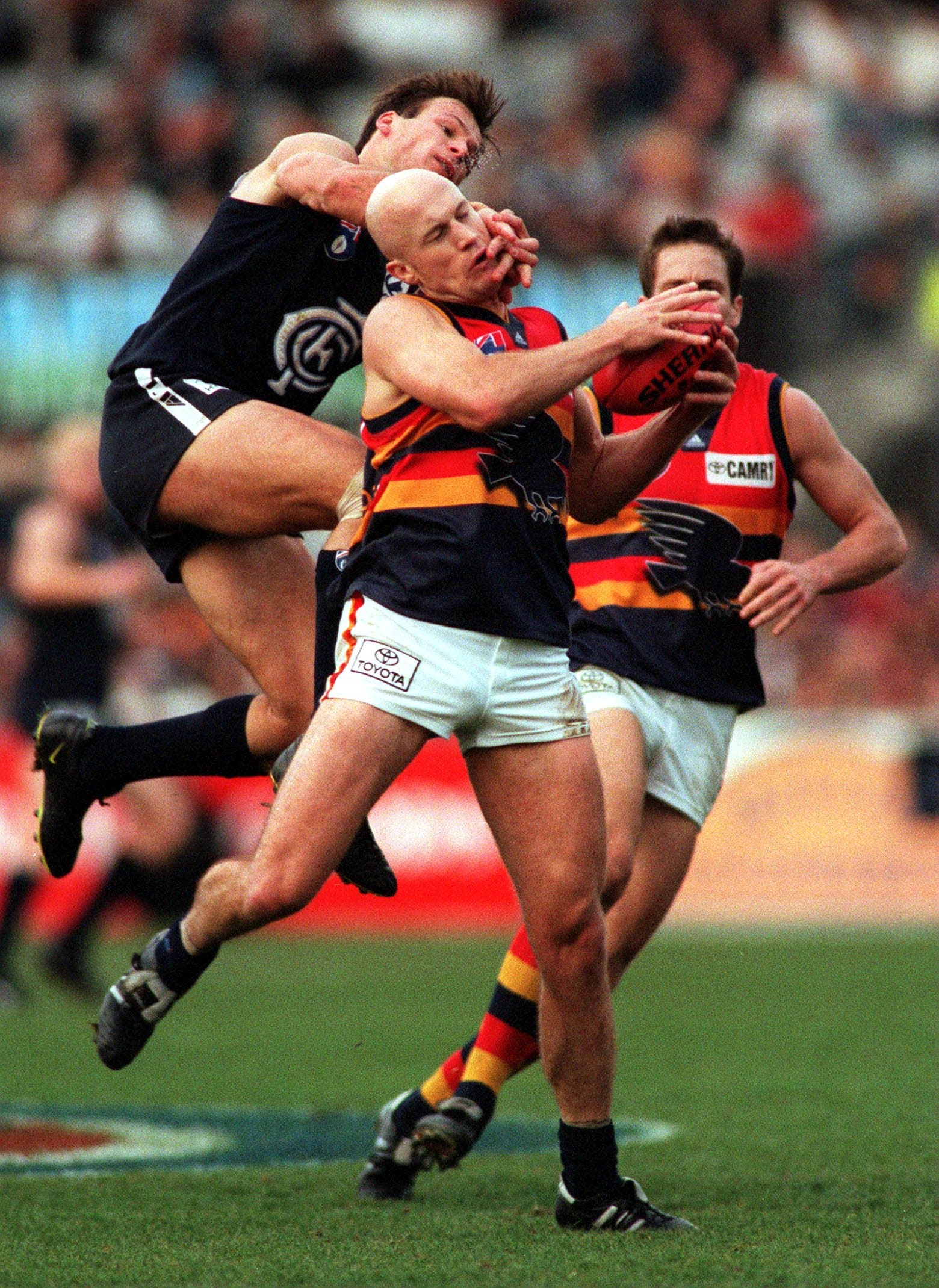

Patrick Dangerfield (35 votes), Luke Parker (26), Dustin Martin (25), Rory Sloane (24), Dan Hannebery (21) and Adam Treloar (21) all individually had more votes than the Lions (20) had as a team under Justin Leppitsch (pictured below) in 2016.
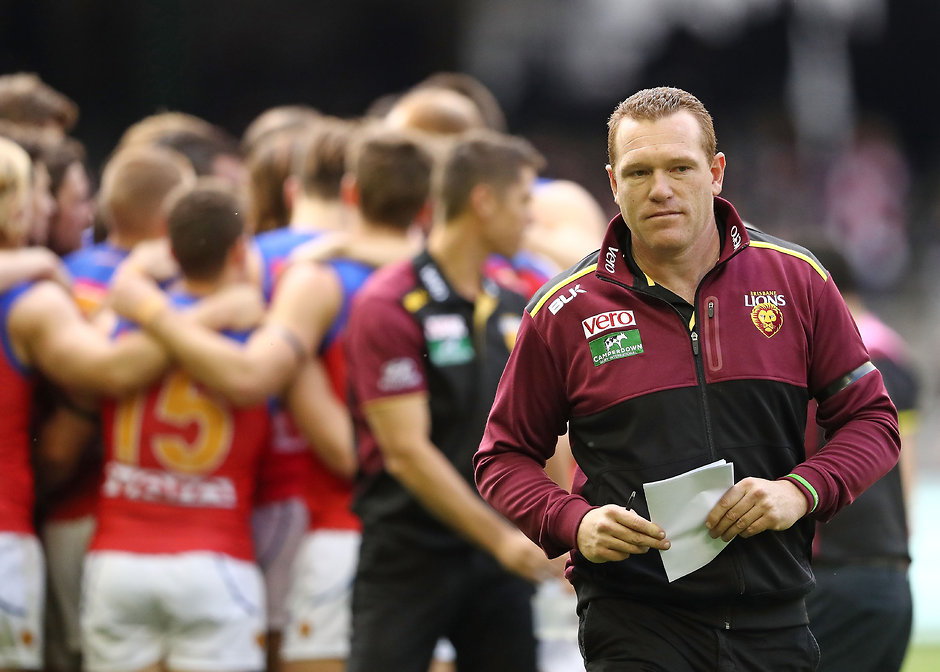

Andrew Walker was the last Blue to poll a vote on debut. Sam Walsh (pictured below with his Rising Star award) racked up 24 disposals in his first game, but not only is he not expected to get a vote on debut, according to the AFL.com.au Brownlow Predictor, he's not expected to poll a vote at all this year.
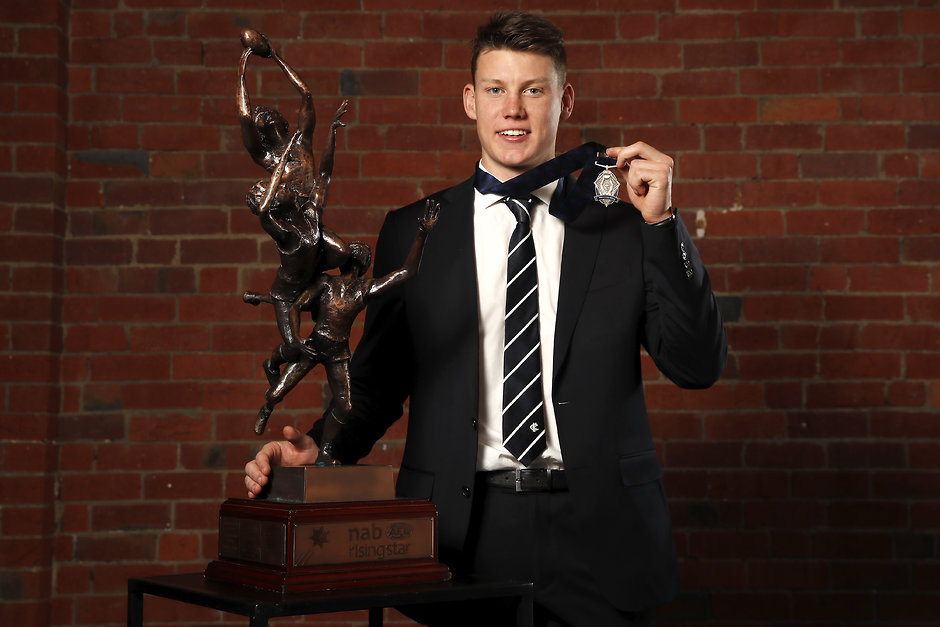

Nathan Buckley finished in a three-way tie for the 2003 Brownlow Medal with Mark Ricciuto and Adam Goodes, with all three players polling 22 votes. But Buckley and Goodes managed to get there with just two 'three-vote' games – the lowest amount for any winner in the AFL era.
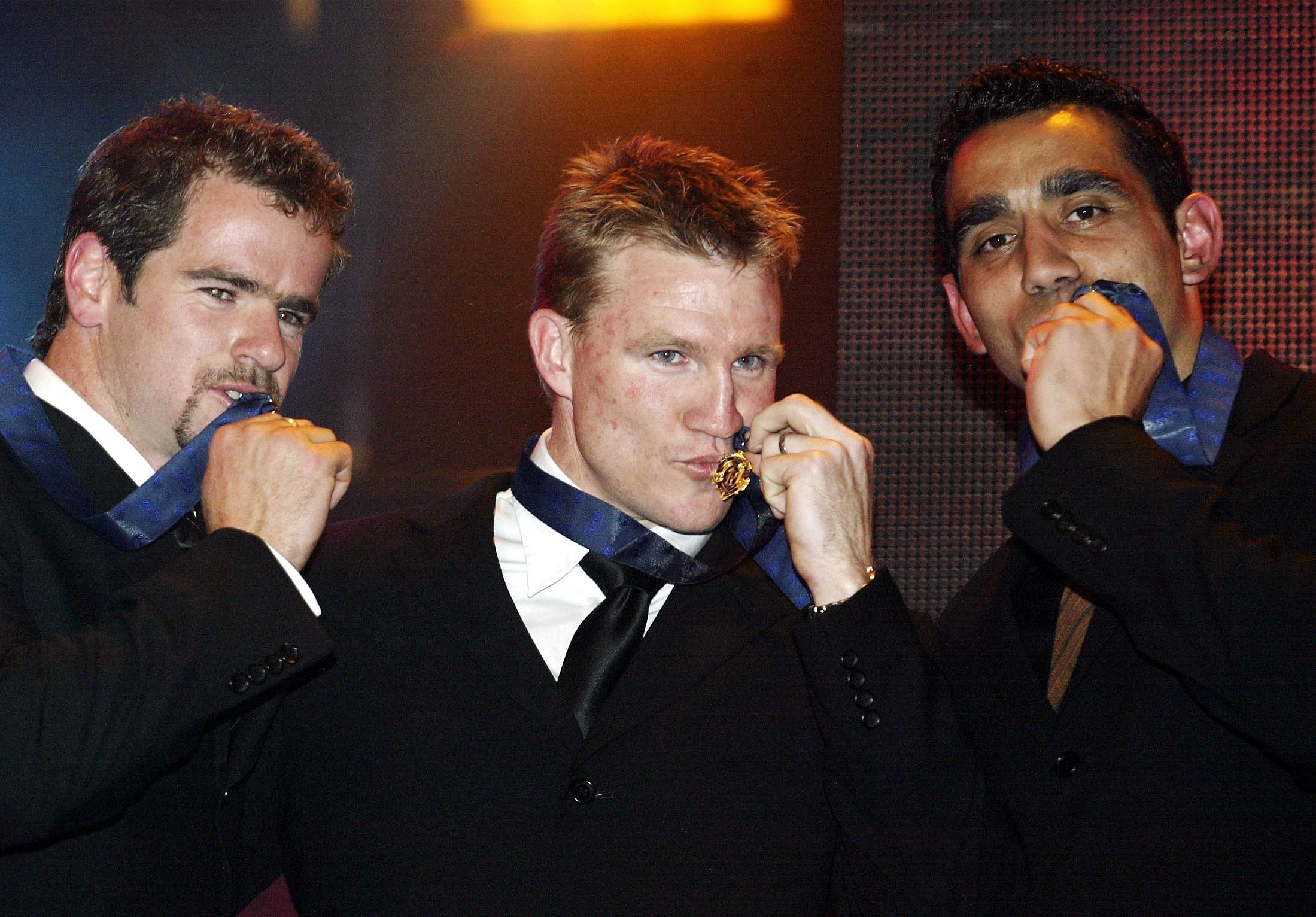

Gavin Wanganeen was the most recent player to win the Brownlow Medal with fewer than 20 votes. He received 18 in 1993.
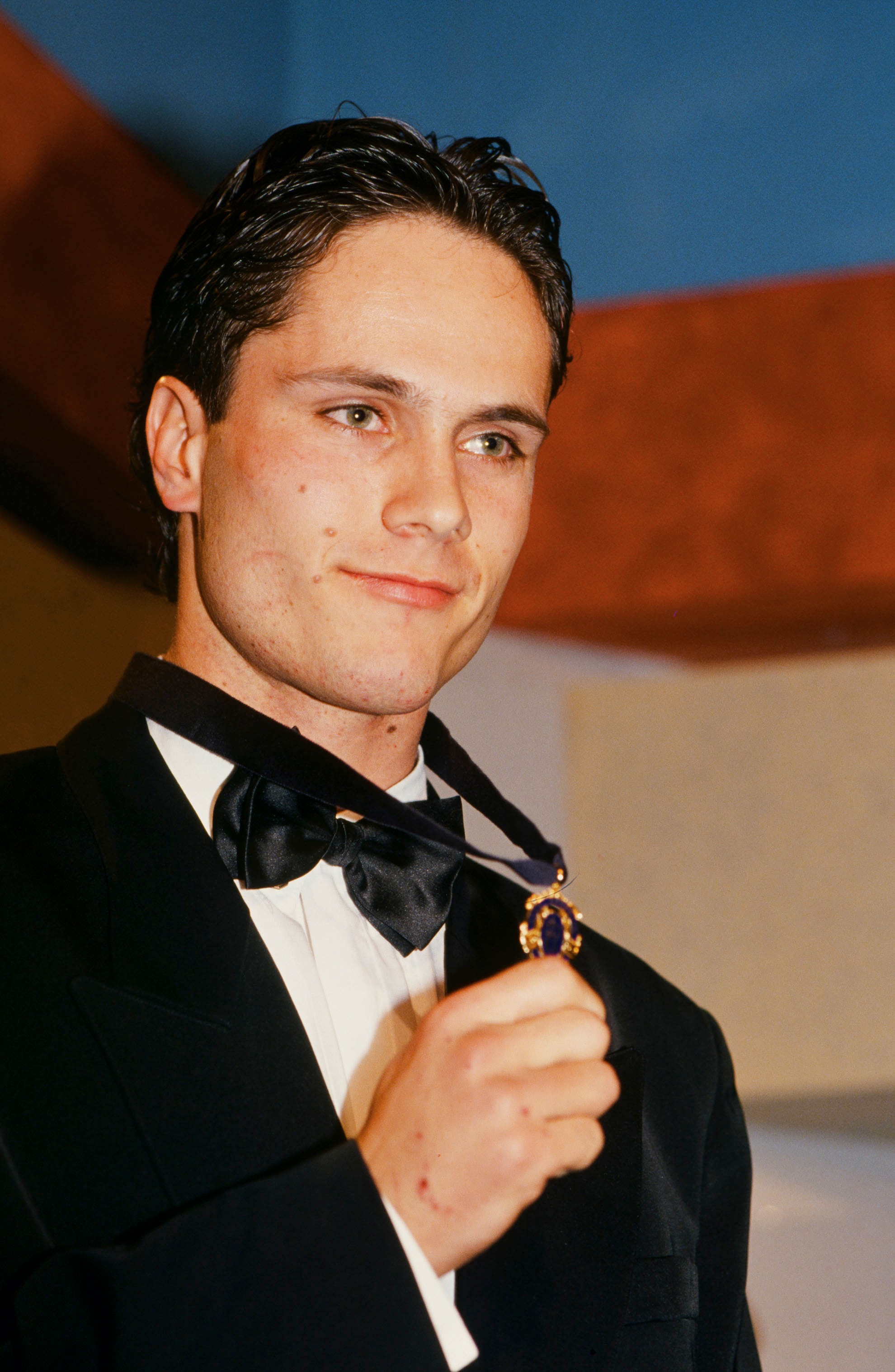

2015 winner Nat Fyfe averages 0.99 Brownlow votes per game, which is the second highest in history behind three-time Brownlow medallist Haydn Bunton (1.04 votes per game).
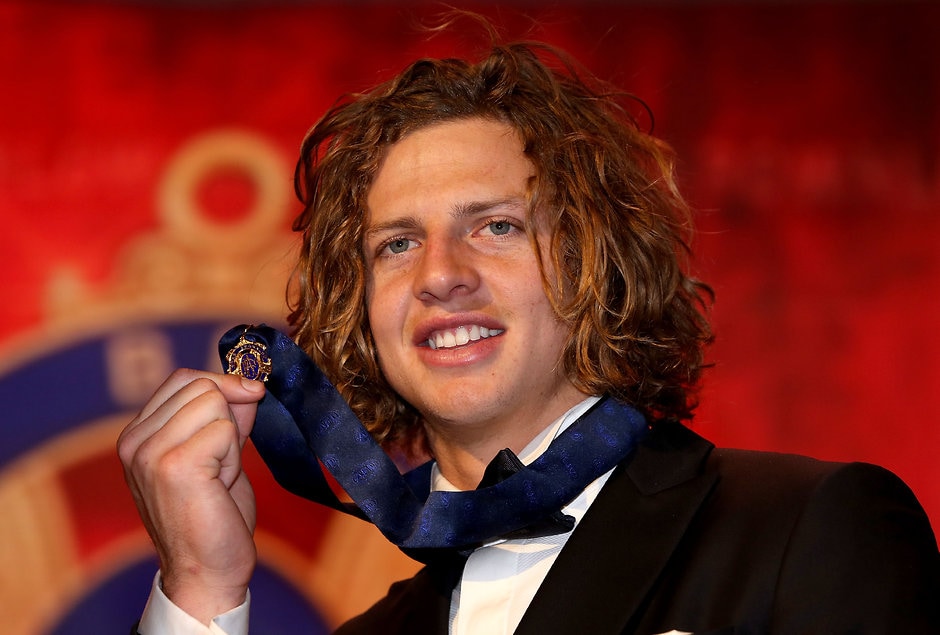

Geelong superstar Patrick Dangerfield needs to poll against St Kilda in round 17 to join teammate Gary Ablett as the only players to poll Brownlow votes against all 18 teams.
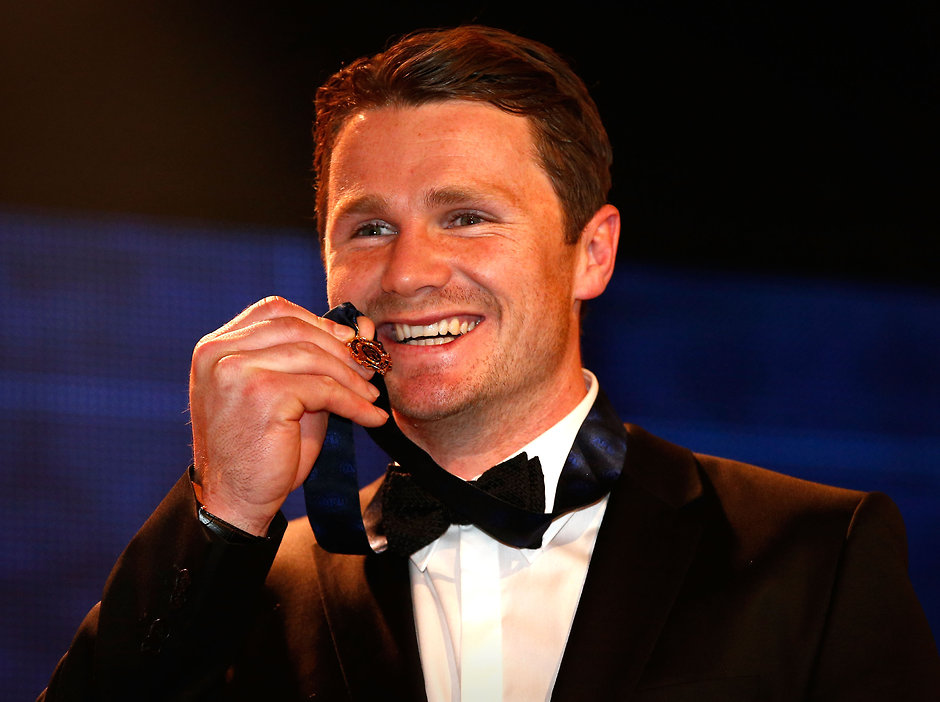

Brandon Matera was the first Sun to ever poll three votes in a game. It was round 5, 2011 when Gold Coast recorded its first AFL victory, with Matera kicking four goals and recording 21 disposals against Port Adelaide. He also received a NAB AFL Rising Star nomination that week.
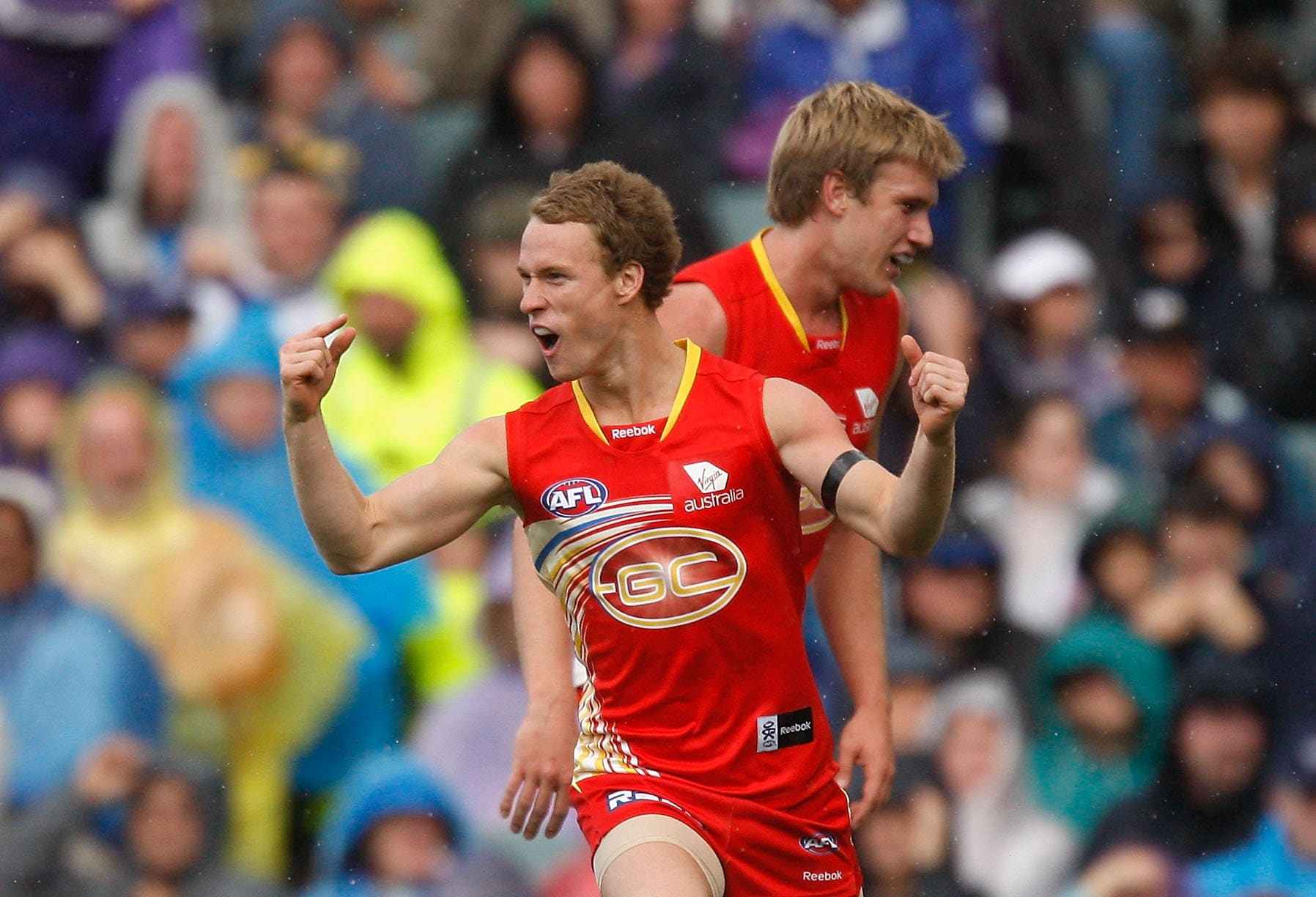

Jeremy Cameron has reached double digits in the votes just once (12 votes in 2015) despite being the club's leading goalkicker in every single season since the club was founded.
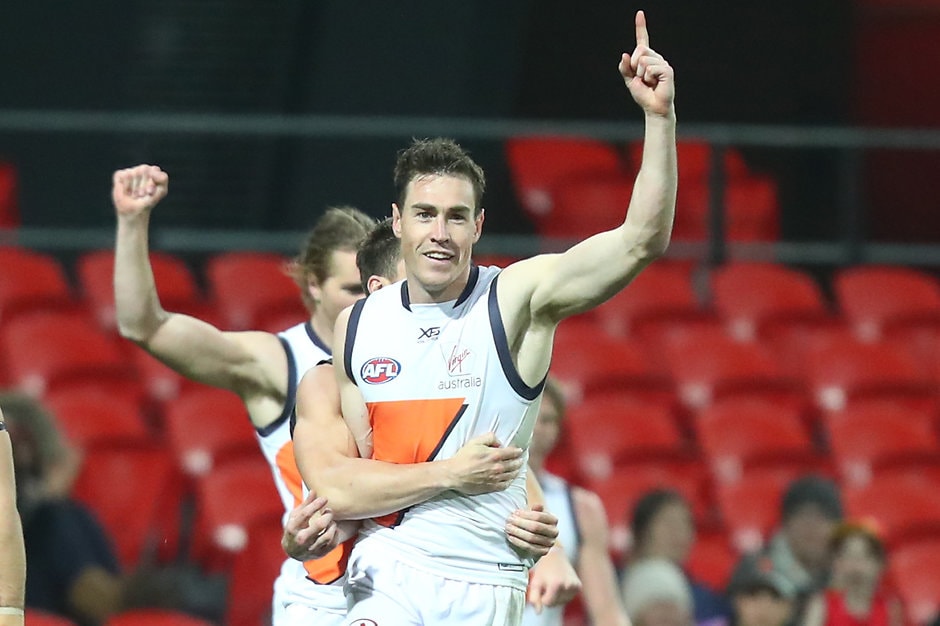

Sam Mitchell holds the record for most votes by a player deemed ineligible to win the Brownlow. He gained 30 votes in 2010 to finish runner-up to Dane Swan, who claimed 34 votes. Of course, Mitchell (and Trent Cotchin) was retrospectively presented with a Brownlow medal in 2012 after Jobe Watson was deemed ineligible after being suspended for 12 months for his involvement in the Essendon supplements scandal.
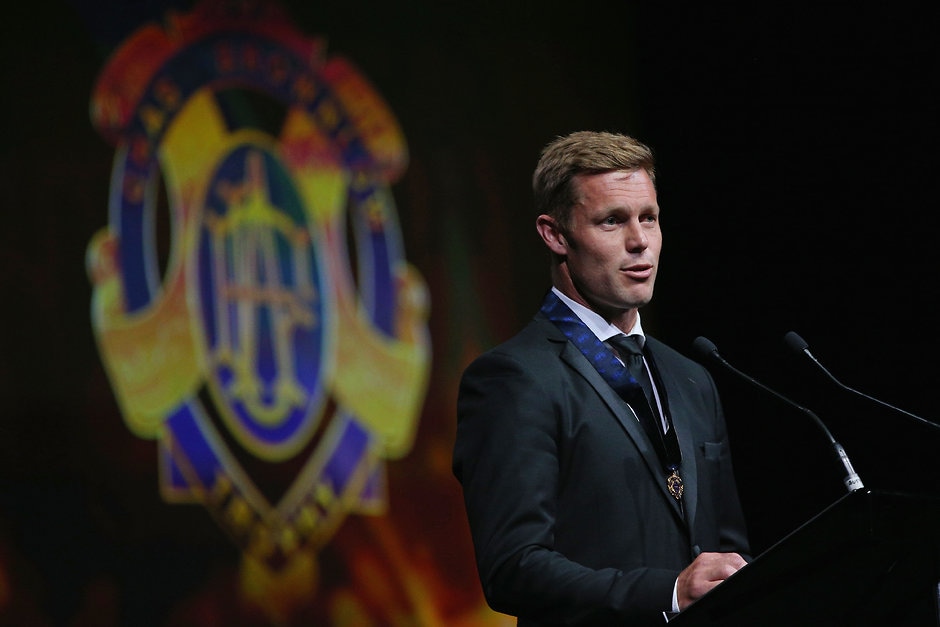

Shane Woewodin polled 24 votes to win the Brownlow Medal in 2000. Aside from a 12-vote season in 2003, Woewodin never polled more than six votes in any other year.
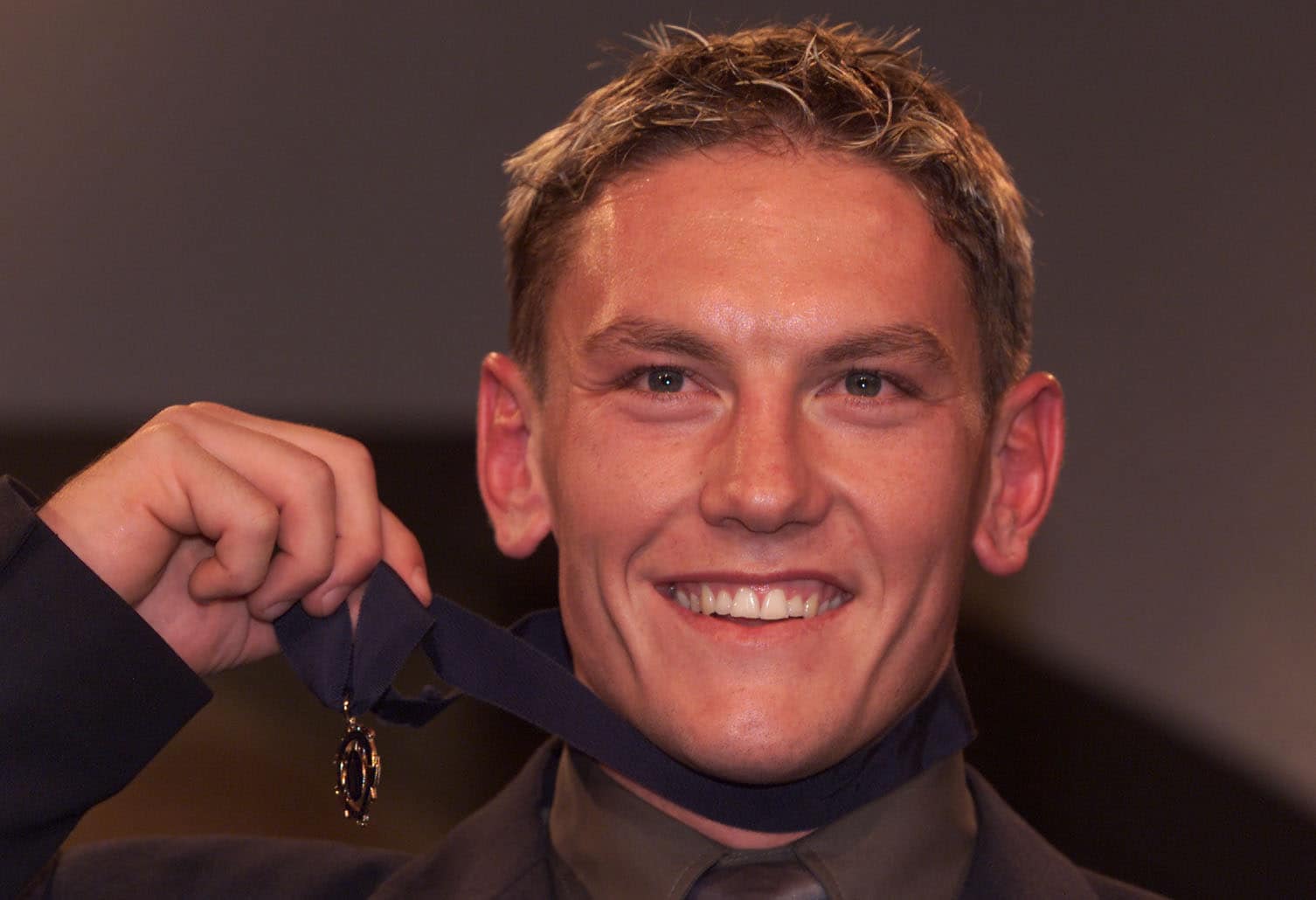

Corey McKernan polled the most Brownlow votes for North Melbourne in both of its 1996 and 1999 premiership years. He even polled the most votes of anyone in 1996, but was ineligible to win the award through suspension. Despite the recognition from the umpires, McKernan didn't win North Melbourne's best and fairest in either season.
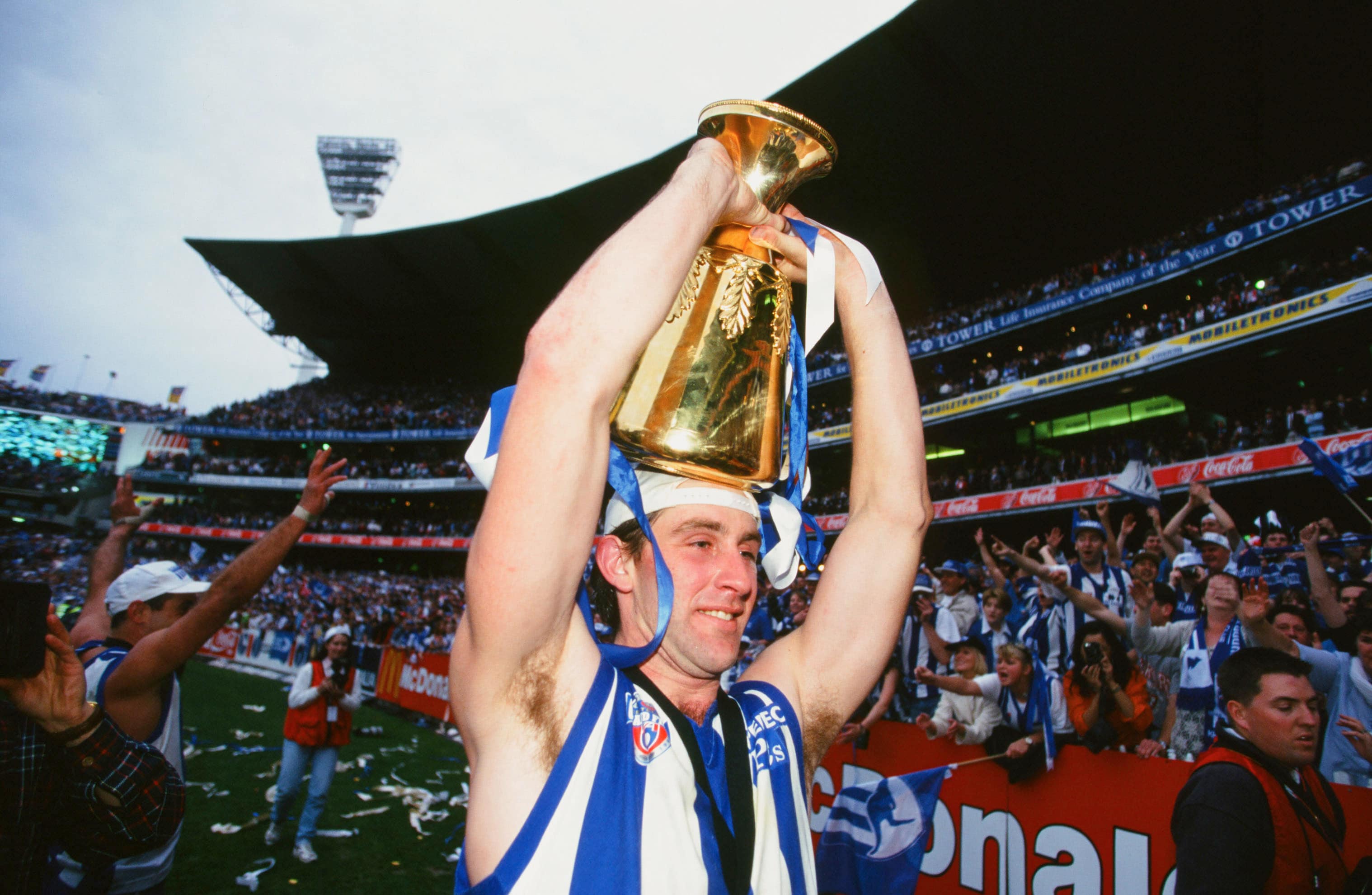

In 1998, 10 individual Port Adelaide players had a 'three-vote' game, but not one player had more than one best-on-ground performance. Josh Francou led the voting for Port Adelaide with seven votes that year.
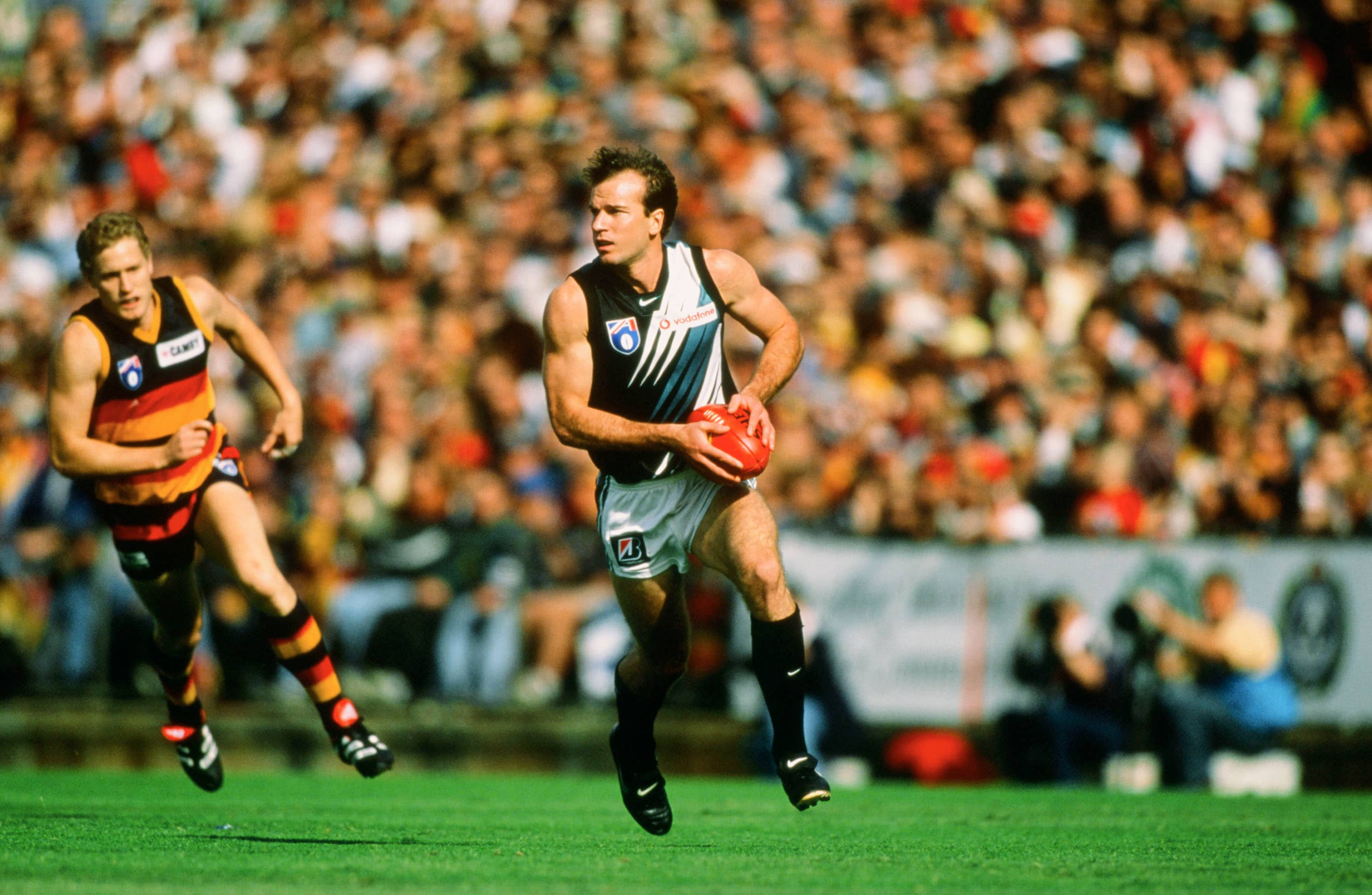

Dustin Martin needs just seven more votes to draw level with Kevin Bartlett for most Brownlow votes by a Richmond player (160), despite playing 180 fewer games than the five-time premiership winner.
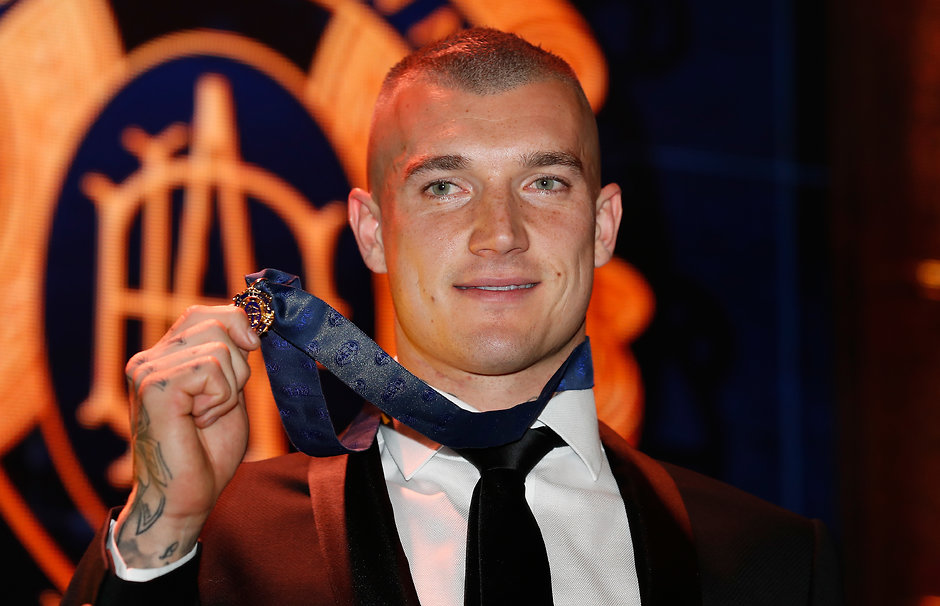

Fraser Gehrig had 66 career Brownlow votes, with exactly 11 three-vote games, 11 two-vote games and 11 one-vote games.
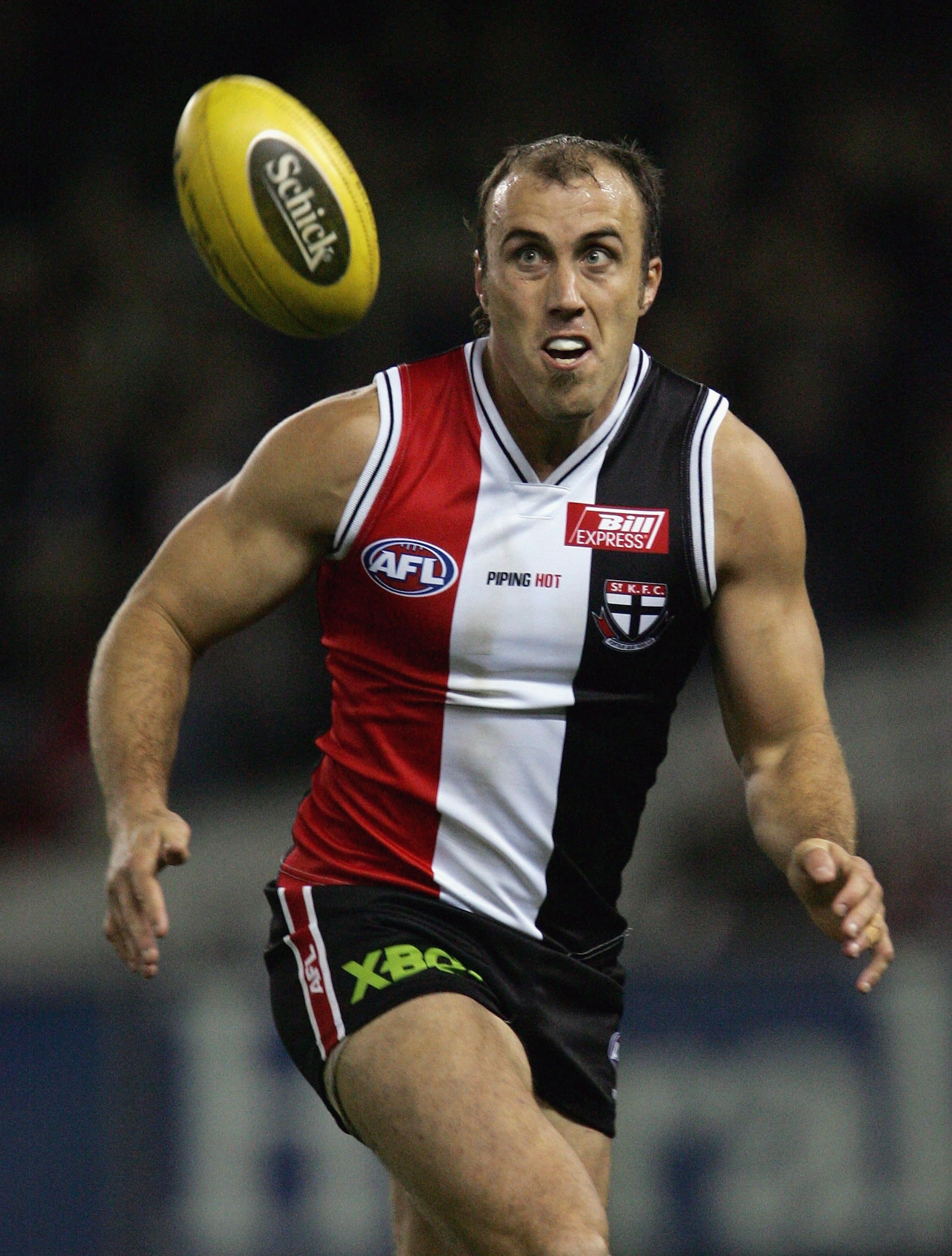

After retiring without playing a game this year, Nick Smith finished his career in equal-first on the 'most games with no Brownlow votes' leaderboard. Ex-Cat Tom Lonergan stands level with Smith on 191 home and away games without a vote.
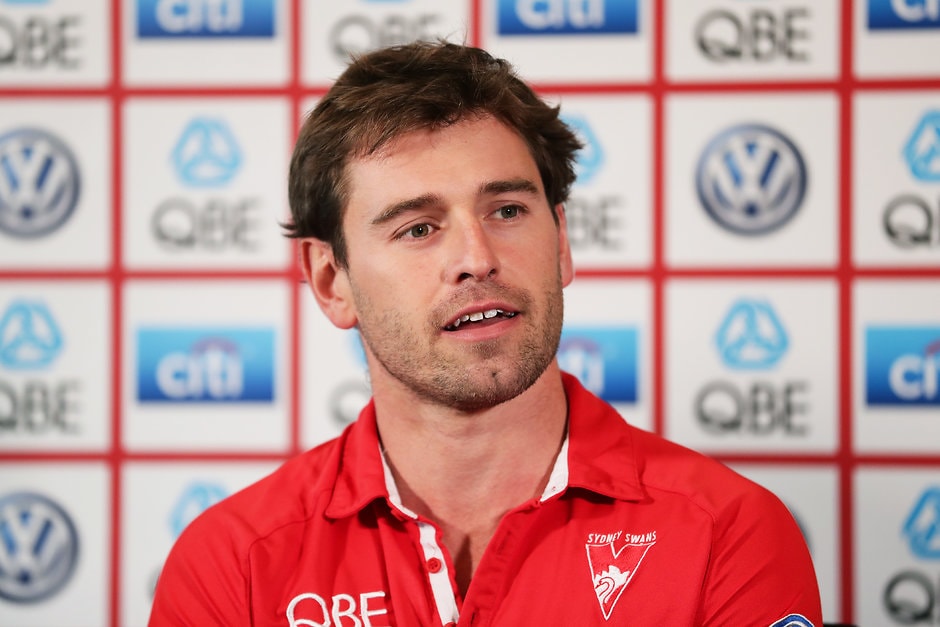

Ben Cousins is the only player in the 21st century to win a Brownlow despite averaging under one vote per game. He polled 20 votes from his 21 games in 2005. His teammate Daniel Kerr was the only player in the League to average at least one vote per game in 2005.
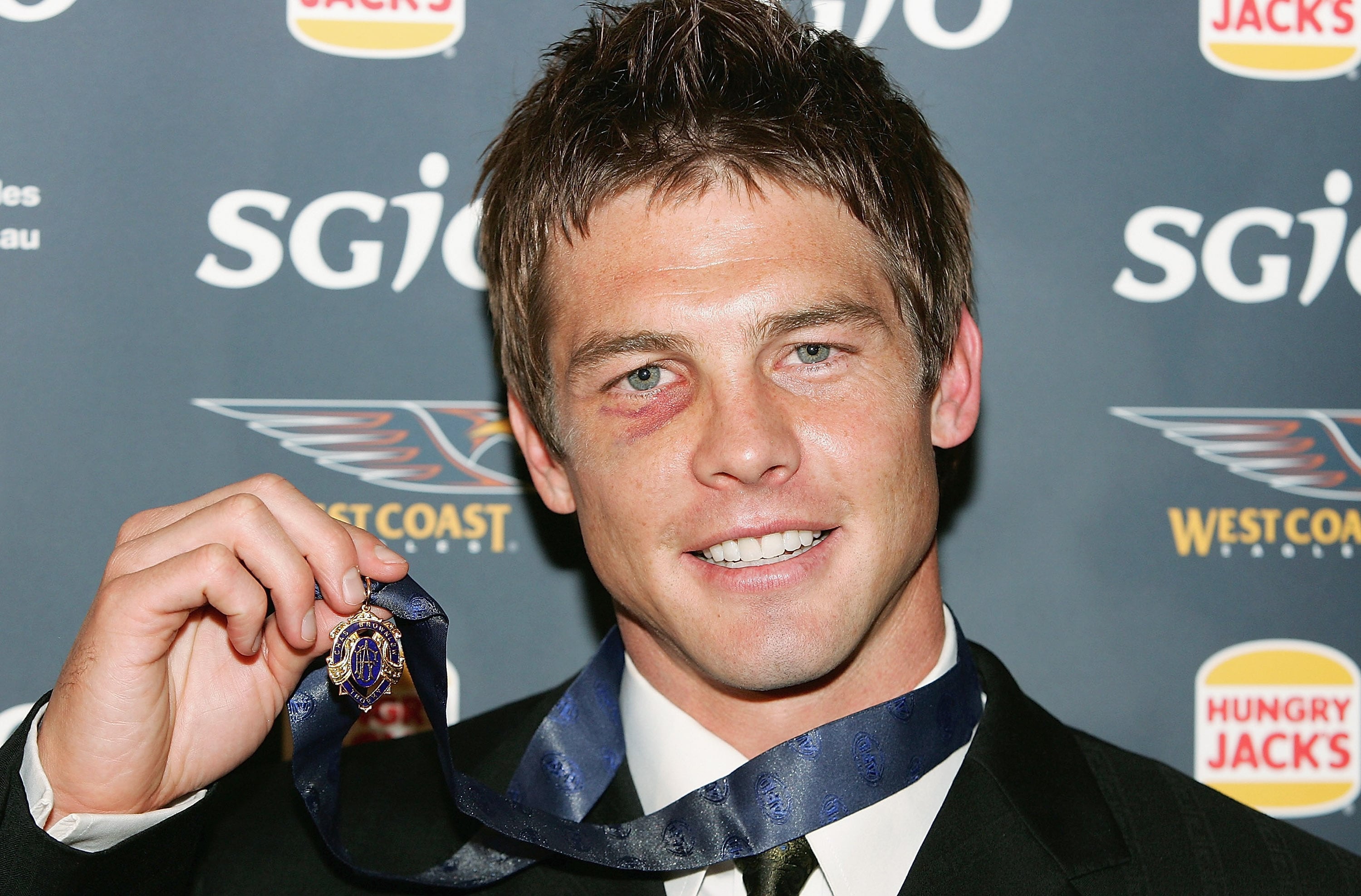

Chris Grant was ineligible to win the 1997 Brownlow Medal, despite topping the leaderboard with 27, averaging 1.29 Brownlow votes per game. The player with the highest votes per game ratio that year was actually Fremantle's Shaun McManus with 1.67, polling five votes from just three games.
